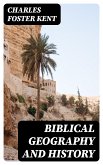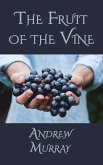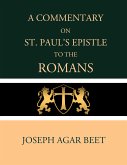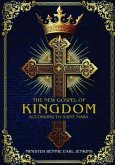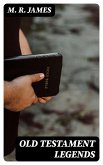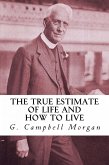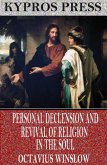In "The Last Twelve Verses of the Gospel According to S. Mark," John William Burgon engages with a critical religious debate surrounding the authenticity of Mark 16:9-20. Employing meticulous textual analysis and historical scrutiny, Burgon defends the inclusion of these verses despite significant manuscript evidence suggesting their omission. His literary style blends eloquence with rigorous scholarship, drawing from a wealth of ancient texts and employing a compelling argumentative structure that places this work firmly within the 19th-century context of biblical criticism. The book stands as both a testament to Burgon's deep theological conviction and an exemplar of Victorian-era scholarship, challenging contemporary assumptions about scriptural integrity. John William Burgon, an esteemed Anglican clergyman and biblical scholar, was acutely aware of the shifting landscapes of theology and textual criticism during his lifetime. His dedication to the preservation of traditional biblical texts was shaped by his formation in classical education and his role as the Dean of Chichester. Burgon's fervent belief in the divine inspiration of Scripture significantly influenced his scholarly pursuits, compelling him to defend what he perceived to be the authentic Word of God against the encroachments of modern skepticism. For those seeking an insightful exploration into the integrity of biblical texts, Burgon's work is indispensable. It not only enriches our understanding of the Gospel according to Mark but also invites readers into a deeper contemplation of faith, tradition, and the complexities of sacred scripture. This book is essential for anyone interested in religious studies, historical theology, or the interplay between faith and critical scholarship.
Dieser Download kann aus rechtlichen Gründen nur mit Rechnungsadresse in A, B, BG, CY, CZ, D, DK, EW, E, FIN, F, GR, H, IRL, I, LT, L, LR, M, NL, PL, P, R, S, SLO, SK ausgeliefert werden.



